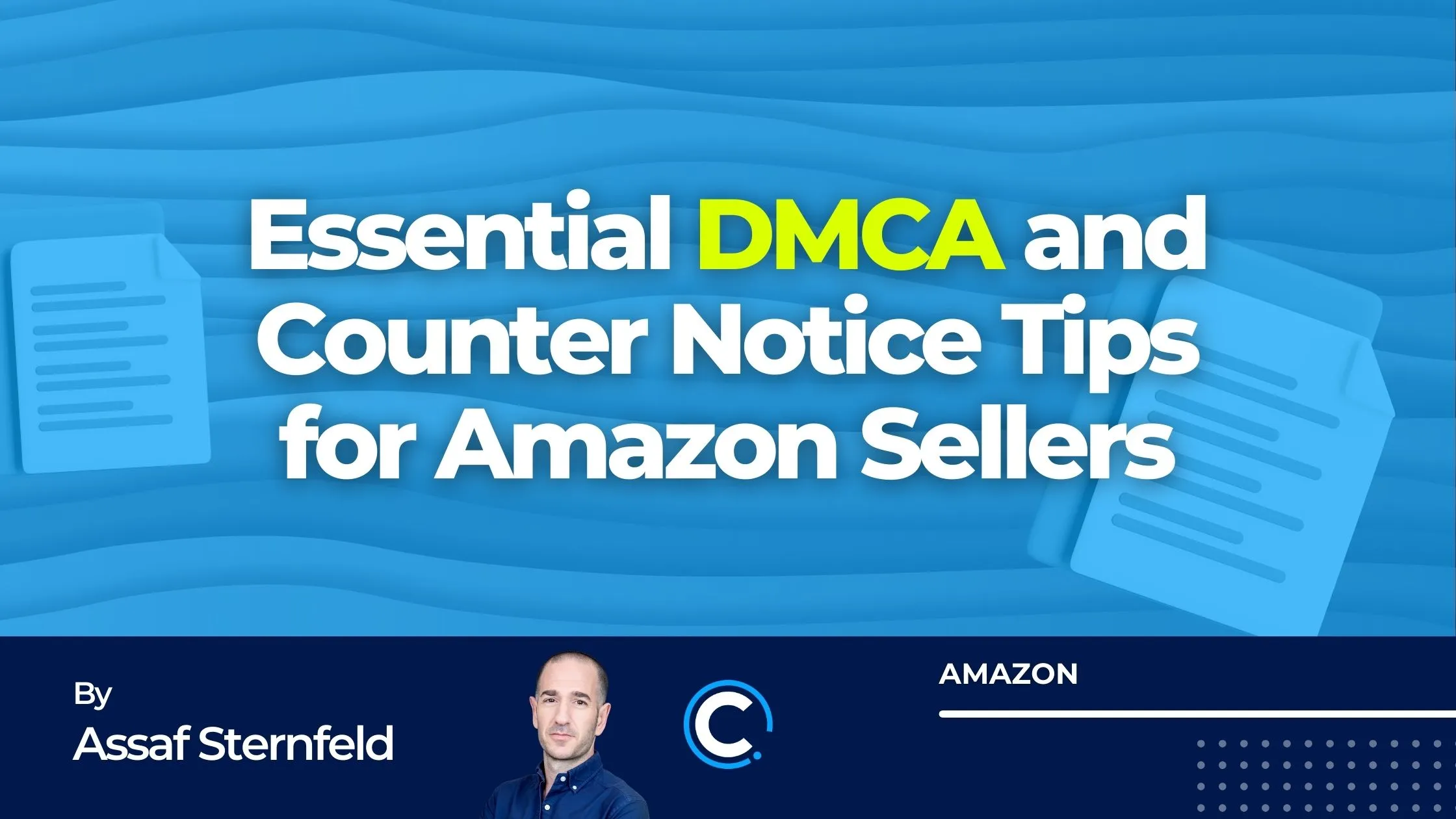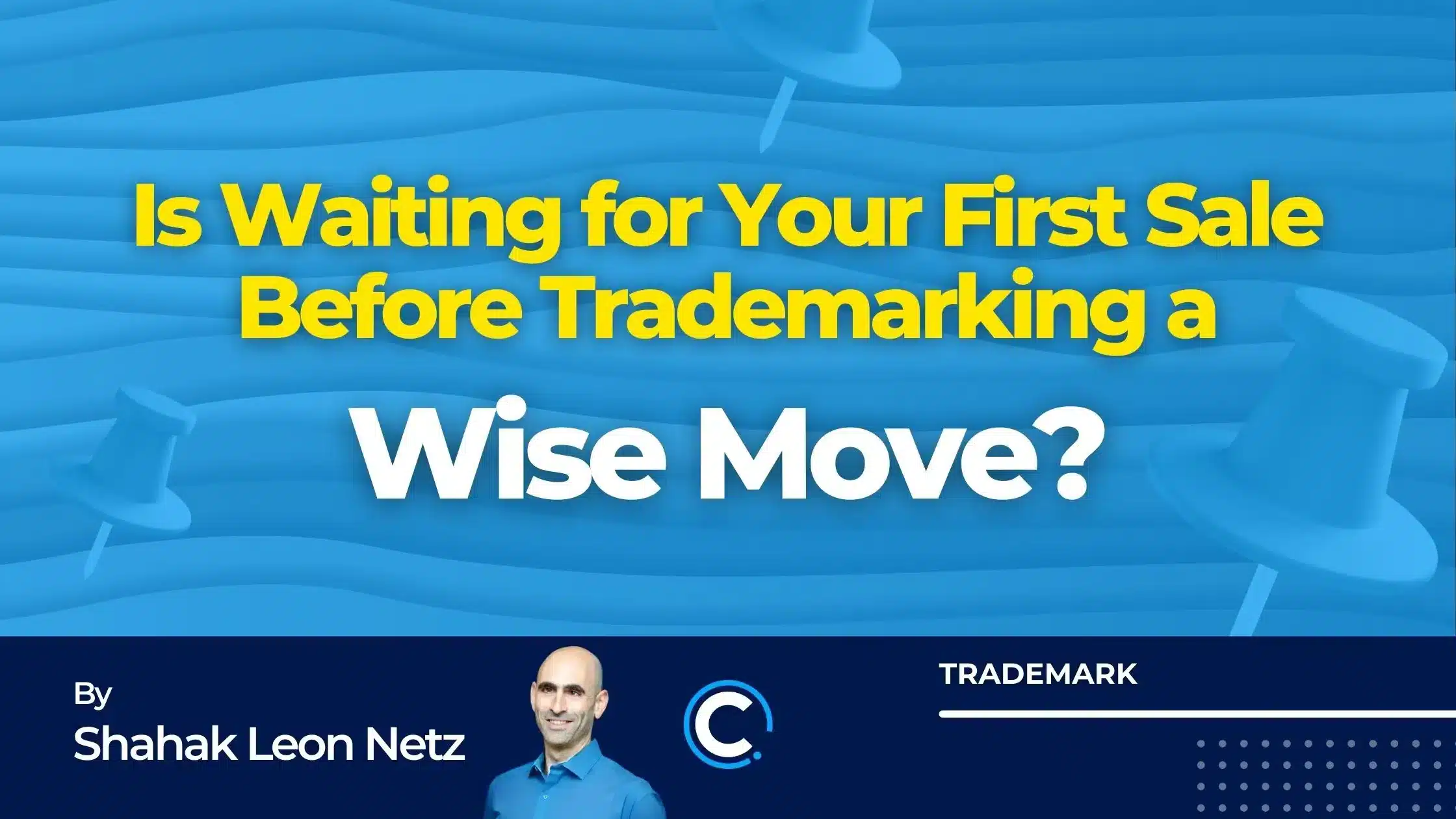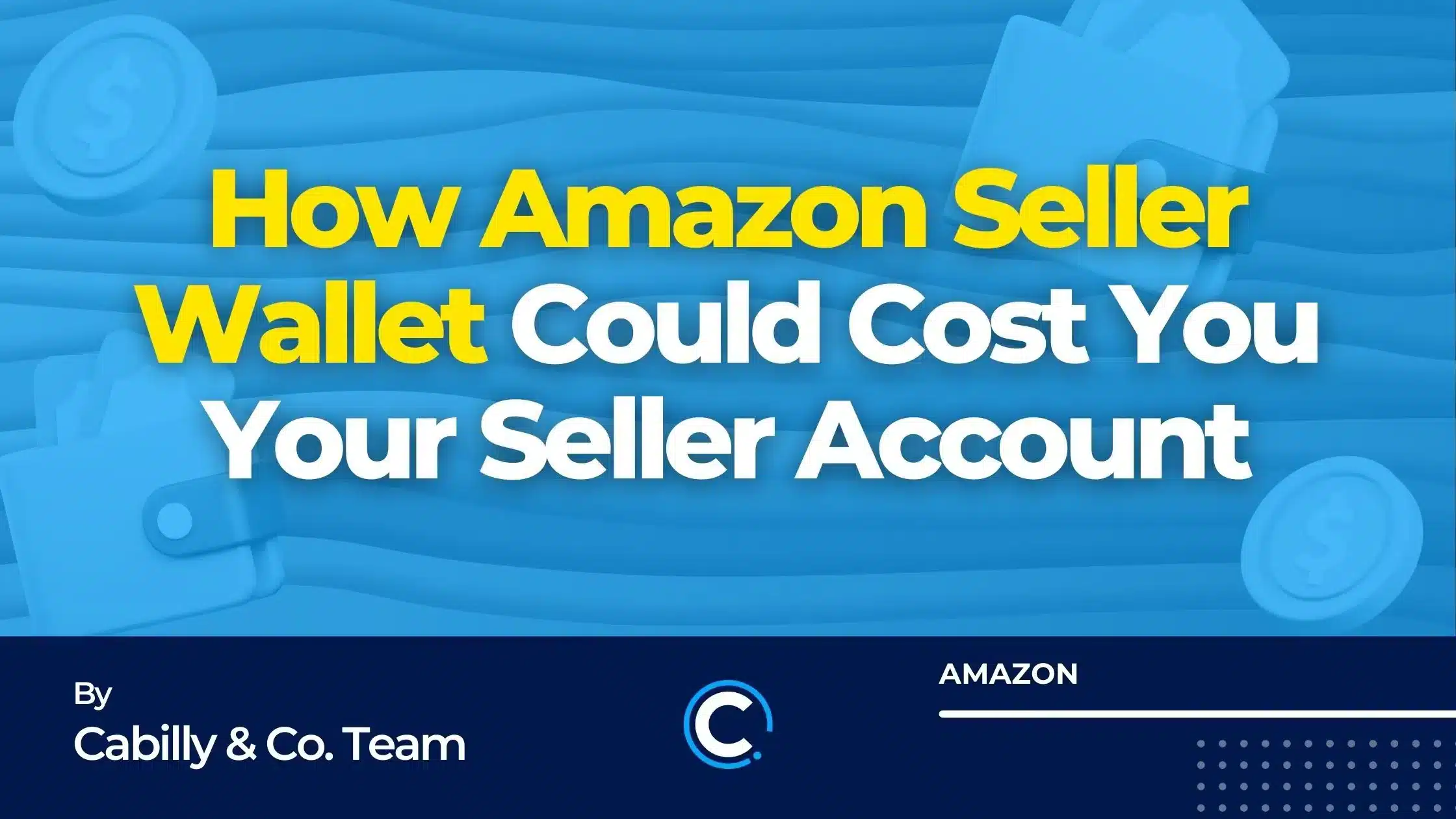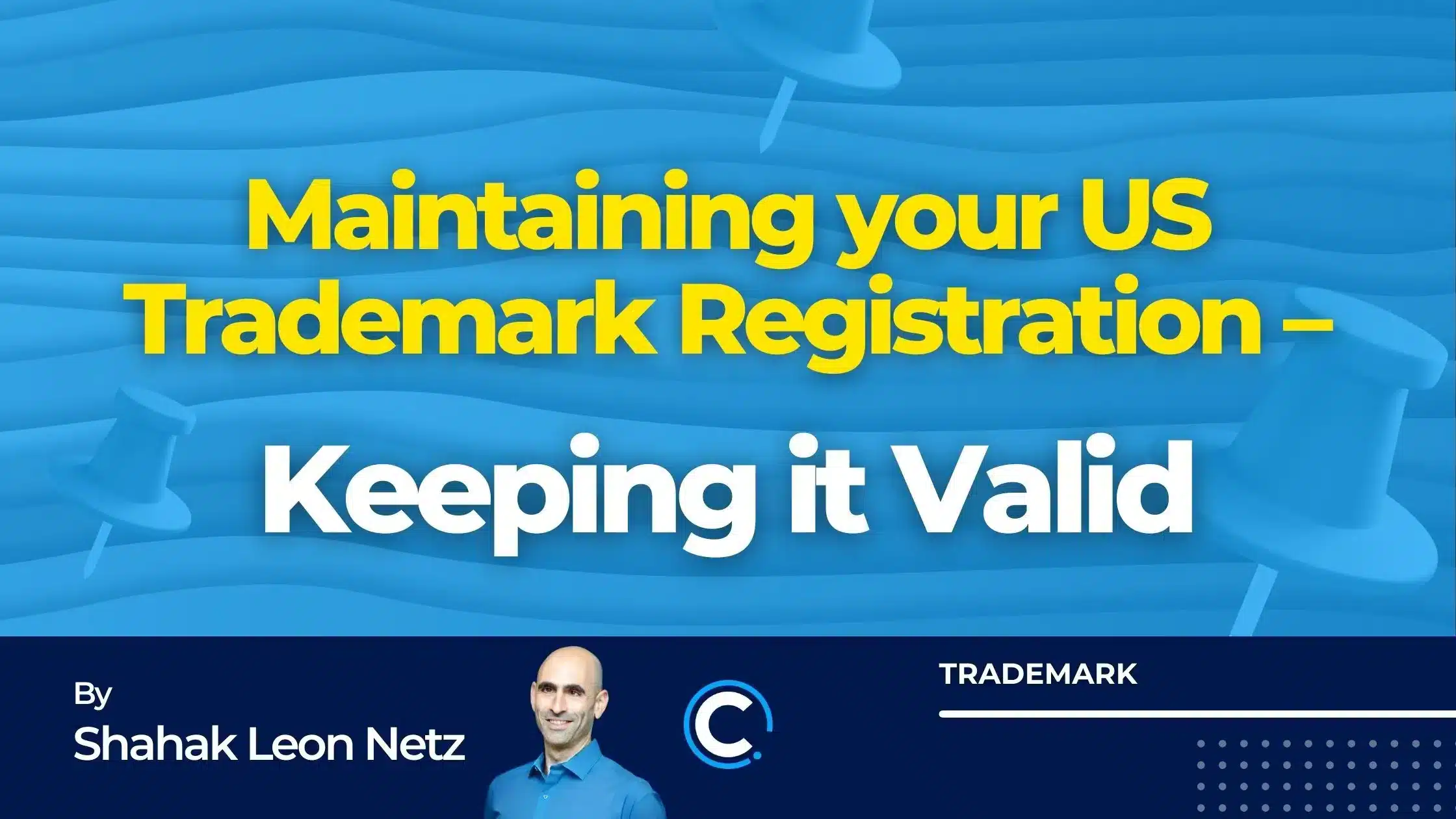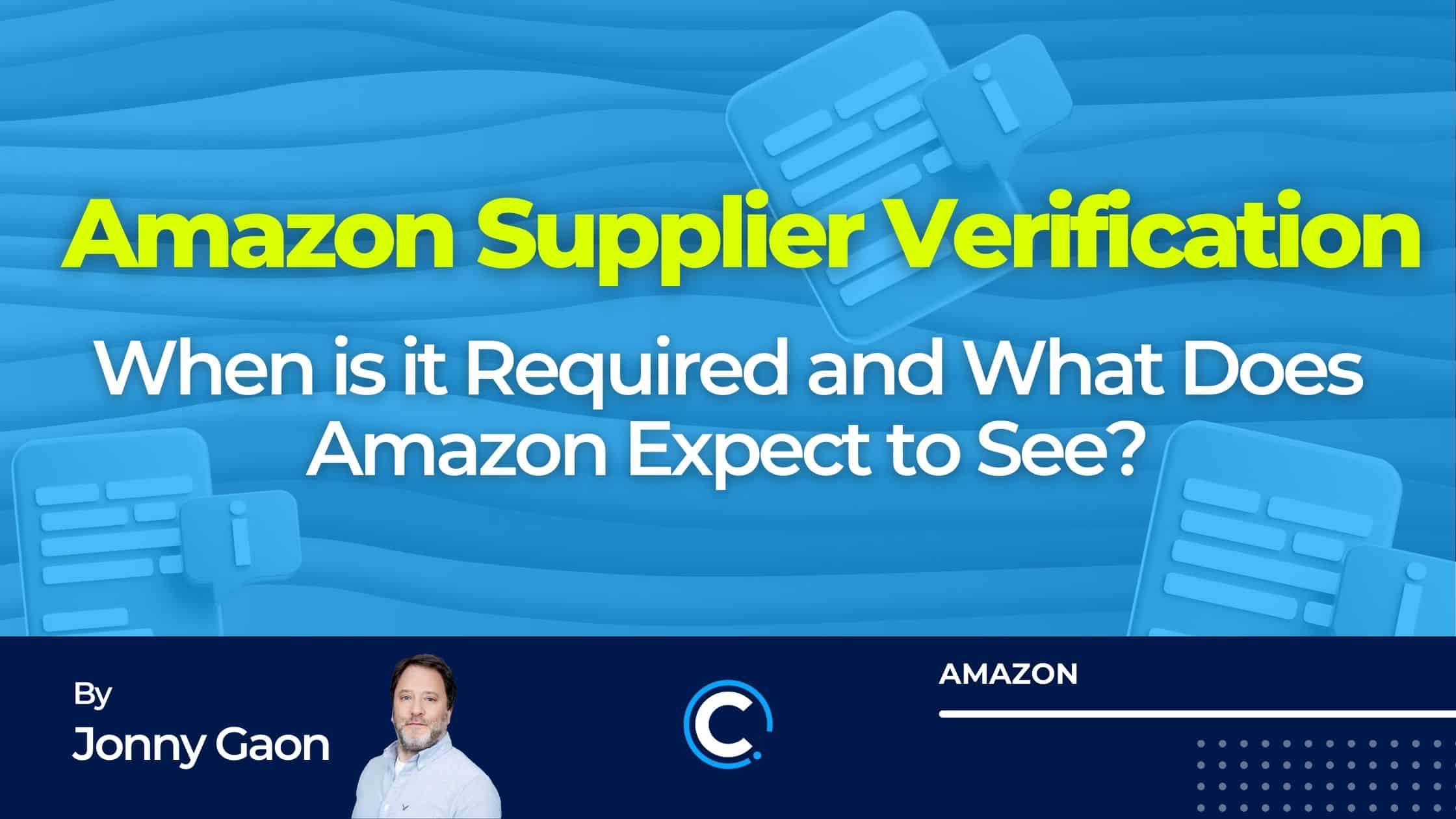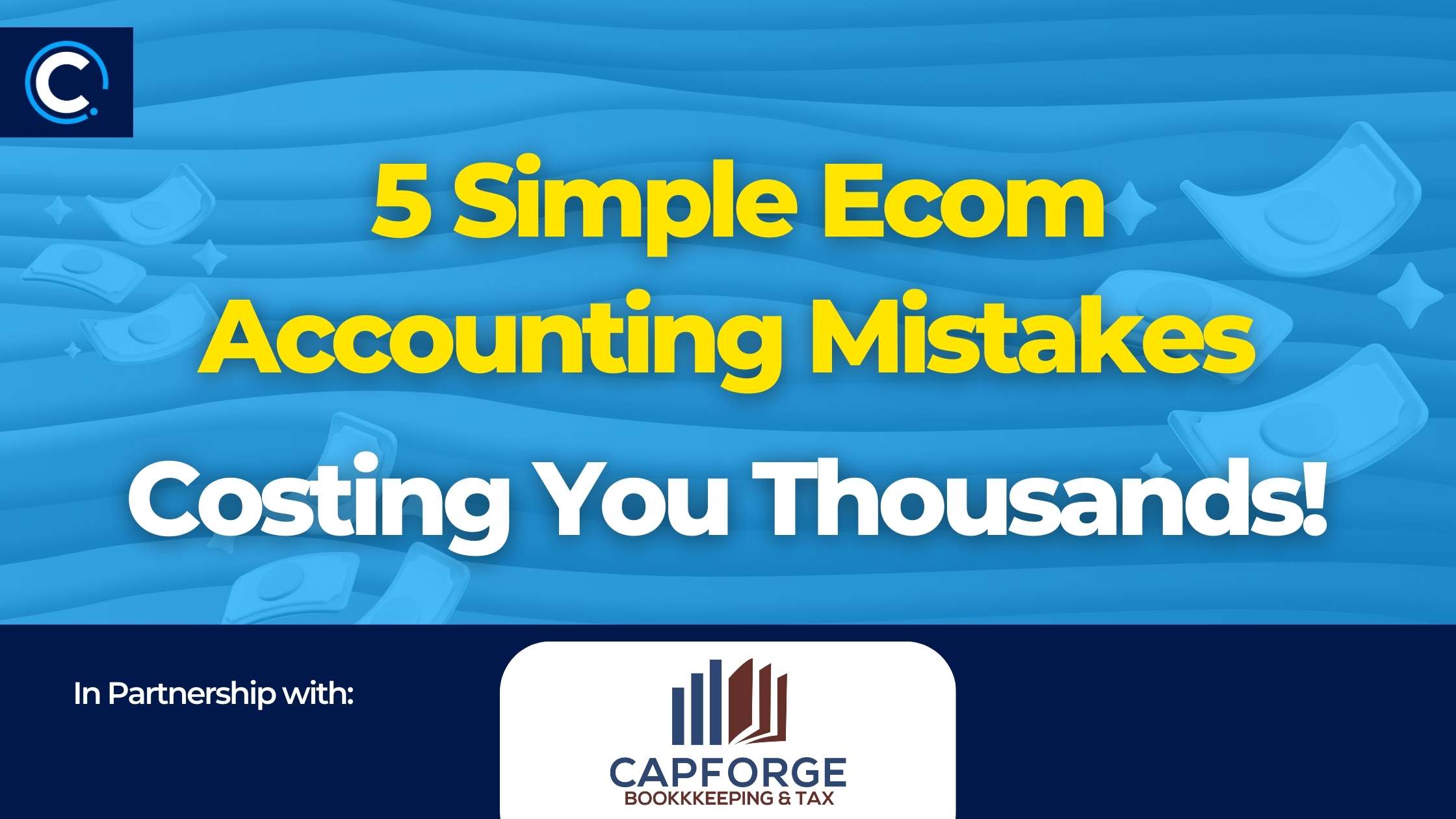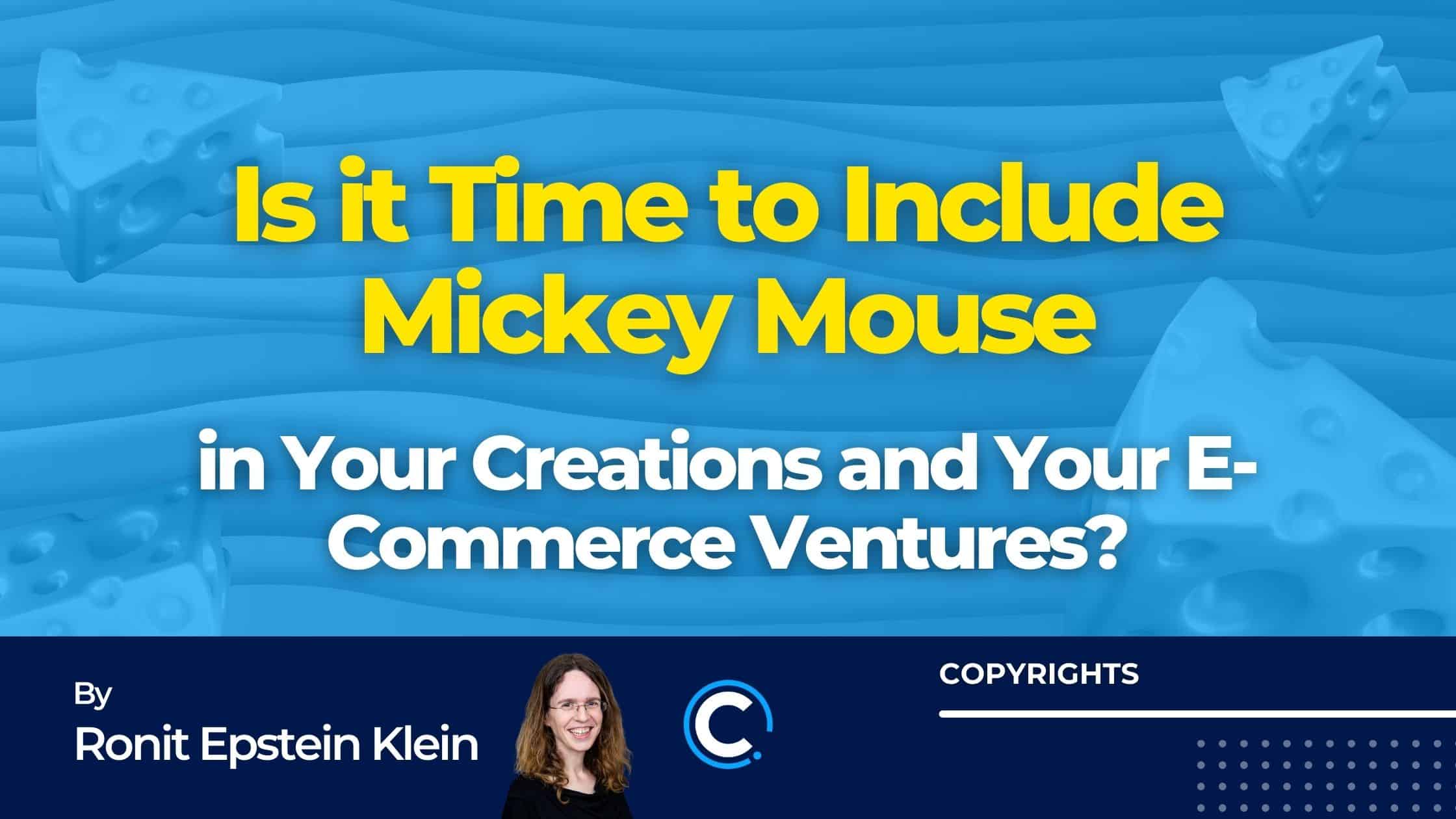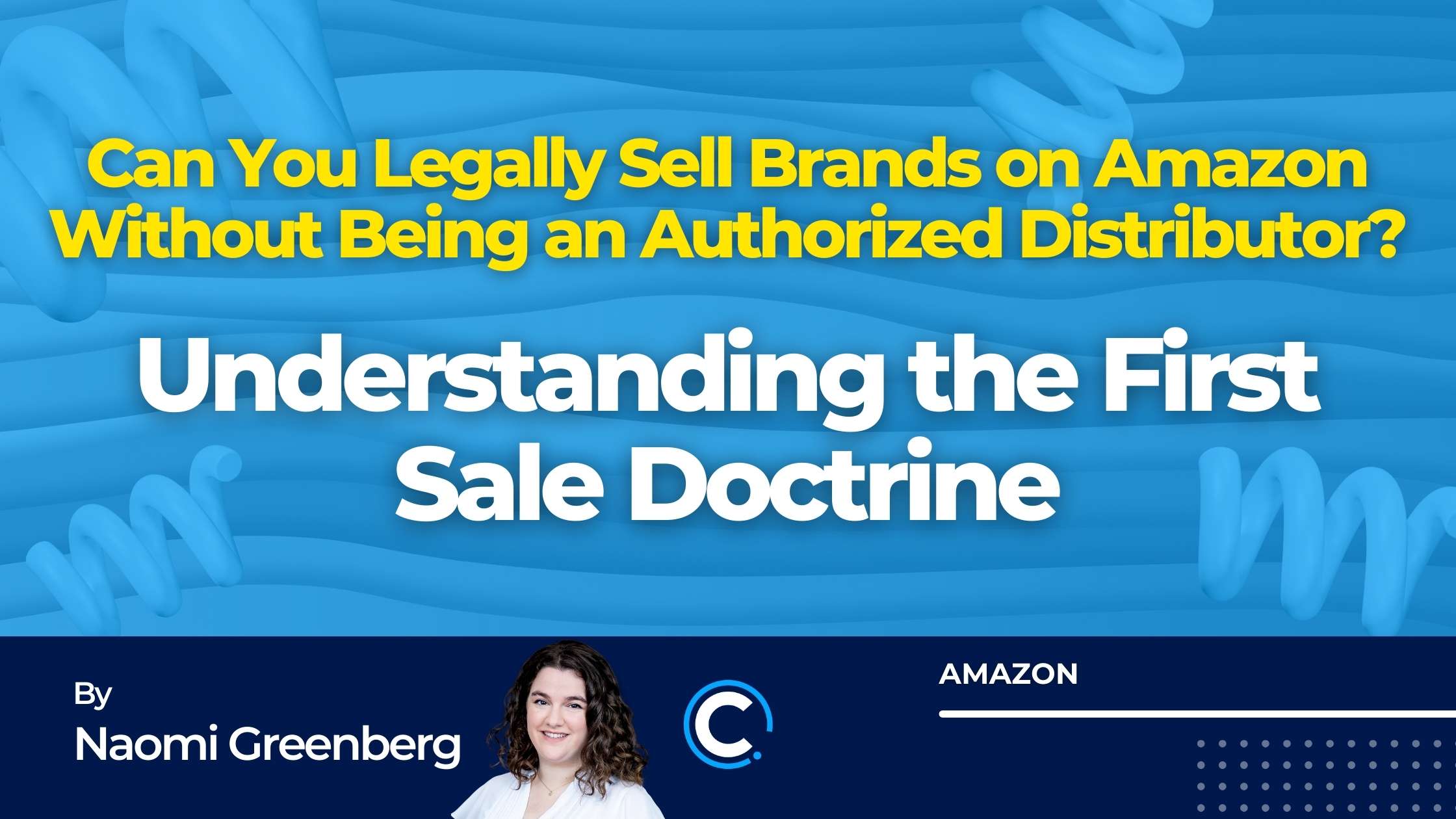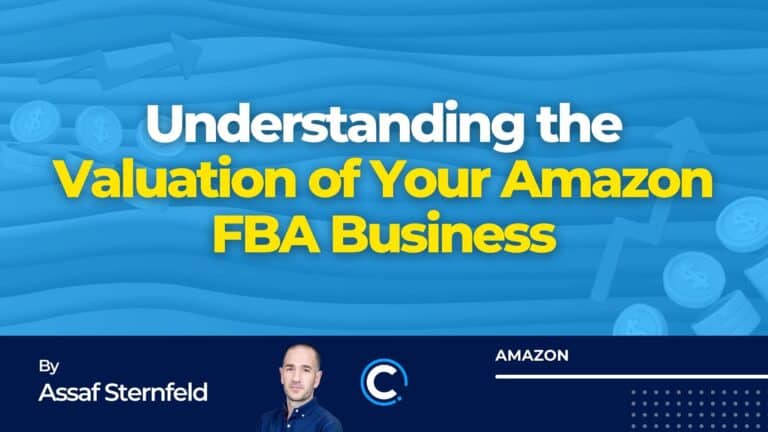
Table of Contents
In the dynamic landscape of e-commerce, understanding the valuation of your Amazon FBA business is crucial, whether you are considering selling or looking to scale up. This short guide, drawing on insights from industry experts, will delve into what factors drive the valuation of an Amazon FBA private label business.
1. Key Factors Influencing Amazon FBA Business Valuation
Profit Margins:
A significant factor in determining the value of an Amazon FBA business is its profit margin. Businesses with higher profit margins, typically around 18-20% or more, are more attractive to buyers. This attractiveness is because higher margins indicate efficiency in operations and pricing power, making the business a more lucrative investment.
Growth Trends:
The growth trajectory of a business greatly influences its valuation. Consistent growth, especially in the last 3-4 months, positions a business as a lucrative investment. Buyers are often wary of businesses showing signs of decline or stagnation, as it may indicate underlying issues.
Diverse Revenue Streams:
An Amazon-centric business model is common, but having additional revenue channels like Shopify or Walmart can enhance a business’s valuation. The key is that these channels should contribute significantly to overall sales and profitability, showing the business’s resilience and potential for scalability.
Uniqueness of the Product:
Products that stand out in the marketplace, not just in appearance but in functionality or brand perception, can greatly enhance a business’s valuation. Unique products reduce direct competition and increase customer loyalty.
Patents and Intellectual Property:
While not essential, owning patents can increase a business’s valuation. Patents serve as evidence of innovation and offer legal protection, giving the business a competitive edge in the market.
Social Media Influence:
A strong social media presence that actively drives traffic and sales can positively impact valuation. However, social media accounts without significant sales impact do not necessarily add value.

2. Understanding Buyer Identity
Types of Buyers: The market for Amazon FBA businesses includes a diverse array of buyers:
Private Equity Firms:
Generally looking for established, profitable businesses with strong management teams. They often focus on long-term growth potential.
Strategic Buyers:
Typically industry players who might be looking to expand their market reach or product lines. They value synergies with their existing businesses.
E-commerce Operators / Aggregators:
Often specialize in acquiring and scaling Amazon FBA businesses. They are particularly interested in businesses with strong brand presence and operational efficiency. According surveys conducted in recent years, most aggregators are looking for businesses with a low number of SKUs, a unique “evergreen” product, in specific categories.
Individual Investors:
These buyers might be looking for lifestyle businesses or those that they can actively manage. They often have more varied interests and valuation considerations.
Competitive Sales Process:
Engaging multiple potential buyers can create a competitive environment, leading to a higher selling price. This strategy is especially effective for businesses showing strong growth and profitability.
3.How do you calculate the valuation of your FBA Business?
- Valuation Multiples: Valuation for Amazon FBA businesses is typically based on the EBITDA/ adjusted EBITDA or the Seller Discretionary Earnings (SDE). Multiples range from 2x to 8x on EBTIDA, depending on the factors detailed above. Multi-channel, larger of businesses of 30M and above, could even get to 2-3X on revenue.
- Revenue Thresholds: The minimum annual revenue that attracts serious buyers is typically around $3 million. Most aggregators set their thresholds around $5 million. Larger strategic buyers and private equity firms usually look for businesses with at least $2 million in EBITDA.
4. The Role of an M&A Advisor
Hiring an M&A (Mergers and Acquisitions) advisor is crucial in navigating the sale process. An experienced E-commerce investment bank can generate a competitive sales environment, attracting multiple potential buyers and potentially increasing the selling price. They bring expertise in understanding market dynamics, identifying the right buyer pool, and advising on strategies to enhance business valuation. Their guidance is invaluable in preparing the business for sale, positioning it attractively in the market, and navigating the complexities of the sales process.
5. Preparing for Sale
Preparing your business for sale involves more than just financial readiness. It includes optimizing business operations, ensuring legal compliance, streamlining supply chain processes, enhancing customer relationships, and building a robust management team. Addressing any potential issues that might deter buyers and starting this process early, ideally a year before the sale, can significantly enhance the business’s marketability and value.
6. Final Recommendations
Sellers are advised to optimize their businesses well in advance of a sale. This preparation not only maximizes potential valuation but also increases the likelihood of a successful transaction. Remember, the valuation is based on the business’s profits and growth potential, not just revenue figures.
Conclusion
Valuating an Amazon FBA business requires a deep understanding of various factors that influence buyer interest and market dynamics. By focusing on key areas like profit margins, growth trends, and diversifying revenue streams, sellers can position their businesses for optimal valuation. Engaging with the right buyers and preparing thoroughly for the sales process are also crucial steps in realizing the true value of your Amazon FBA venture.

